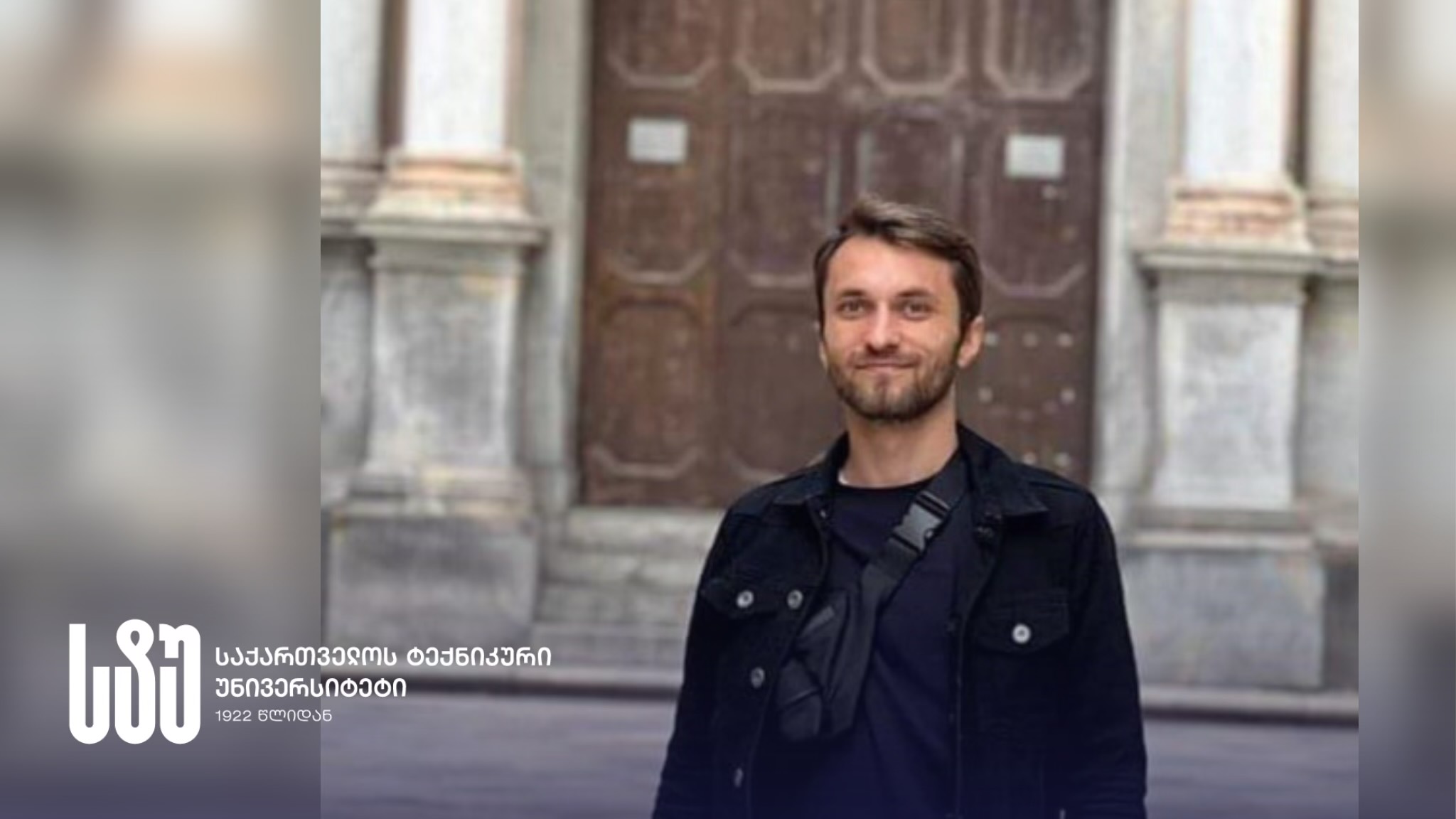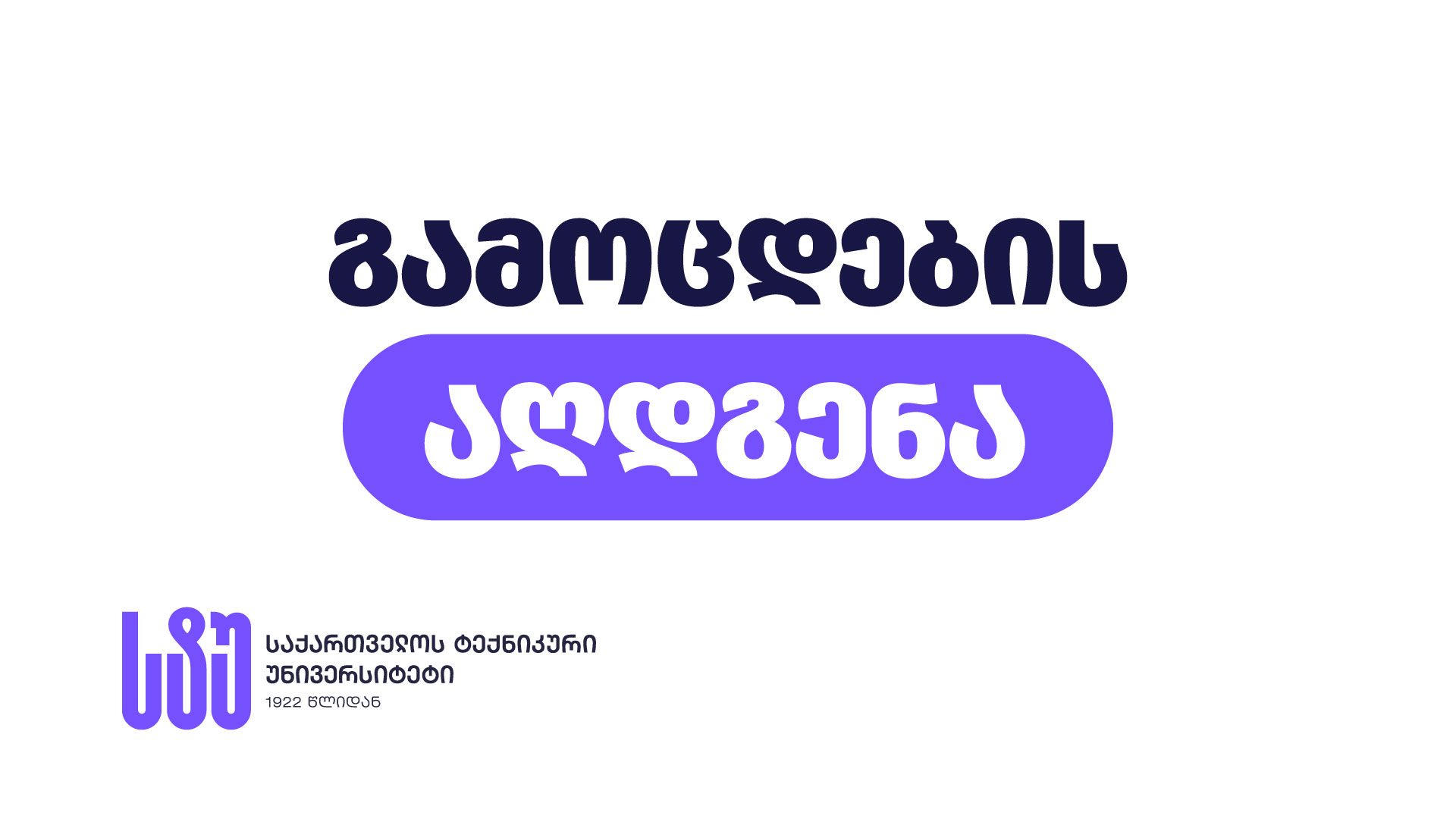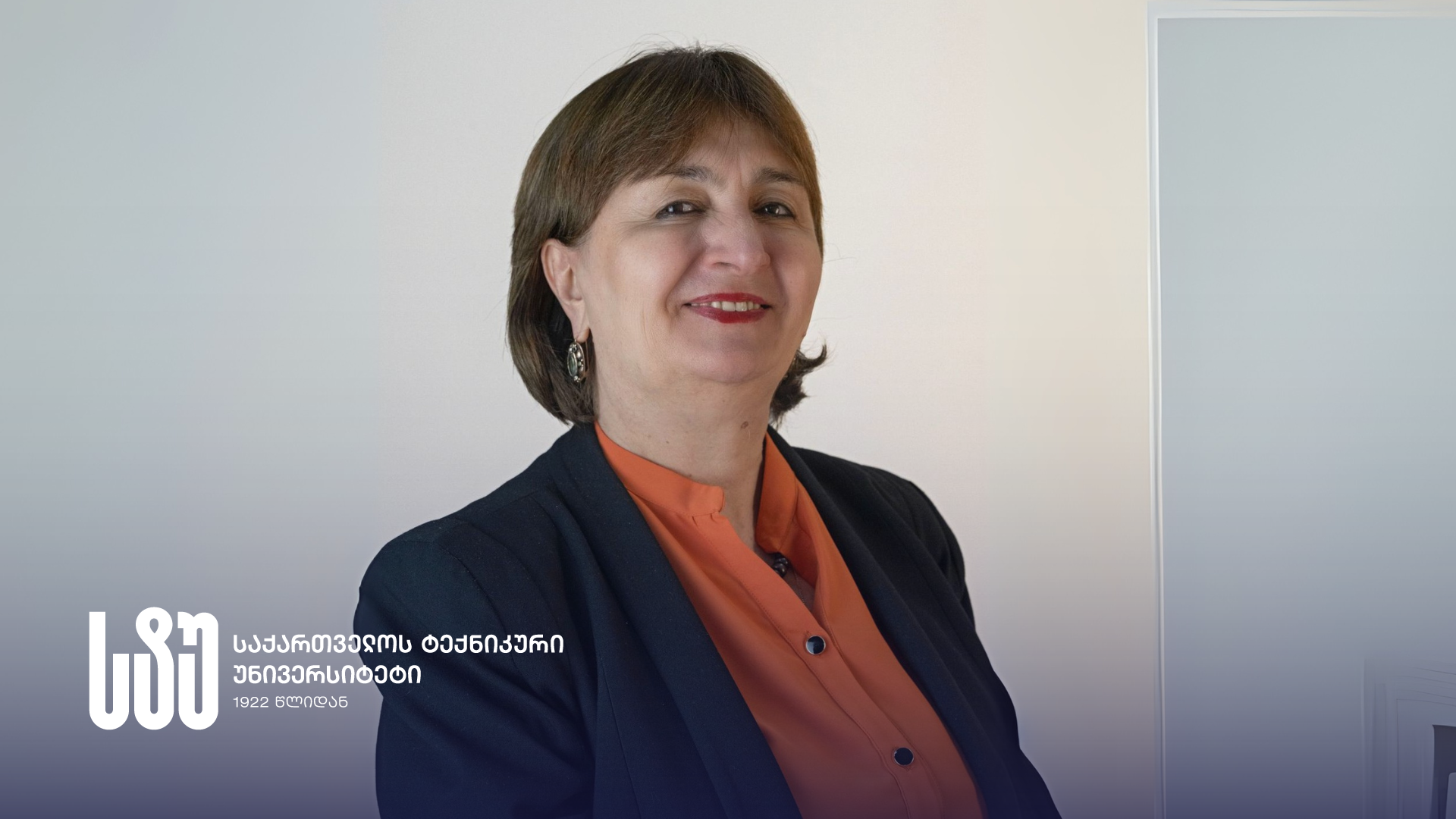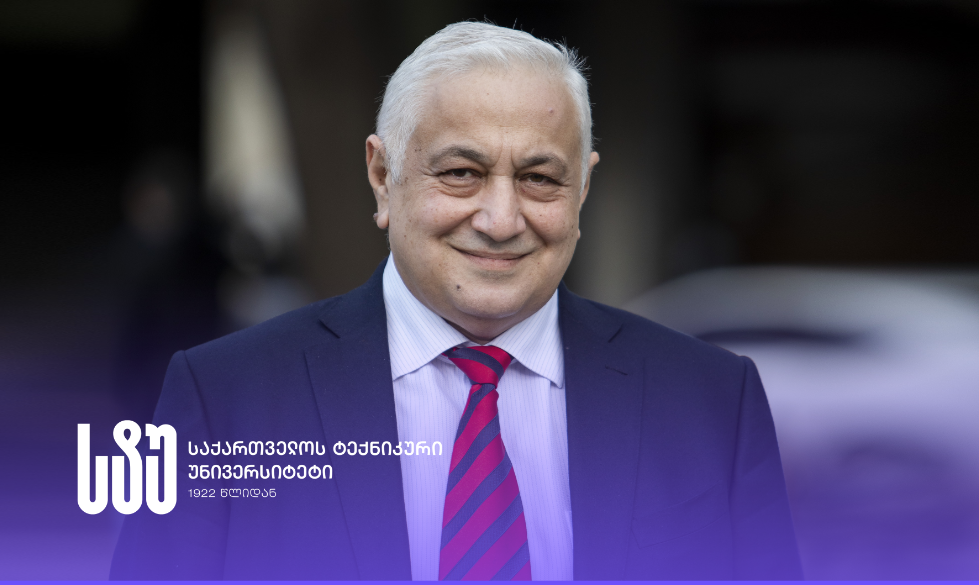A student at GTU is researching to develop a new method to combat wine counterfeiting
05-06-2024
Doctoral candidate Levan Eliashvili of the Faculty of Agricultural Sciences and Biosystems Engineering of the Georgian Technical University is working on the implementation of new methods for determining stable isotopes of carbon and nitrogen in individual organic compounds contained in it to combat wine counterfeiting.
In the framework of the topic – “Development of new methods for determination of stable isotopes of carbon and nitrogen in individual organic compounds contained in it” to combat adulteration of wine, the doctoral candidate developed methods for determination of stable isotopes of nitrogen and carbon for the compounds contained in wine.
As Levan Eliashvili stated during the research, several wines with designations of origin were selected, and the spread of the carbon-13 isotope in the organic acids and carbohydrates present in them was evaluated. Also, methods for determining the isotope of nitrogen-15 in amino acids were developed for further application to wine, which is a new approach for determining the atomic fraction of nitrogen-15 in nitrogen-containing compounds. The method makes it possible to determine the isotopic concentration not only in the whole molecule - but also in individual nitrogen centers.
“Georgian wine has always had its say on the world stage, and therefore, the wine produced in our country must meet the quality requirements. The norms of these requirements do not exclude falsification. Particularly the wine can meet the norms of the main parameters, and still, can be falsified, and all this can be determined at the atomic (isotopic) level. Thus, if we study the wines of the designation of origin isotopically, it will be impossible to falsify them. I think that the research carried out within the framework of the topic will allow interested persons to learn about the features of isotopic analysis, the nature of the fragmentation of this or that compound, and the decoding of the spectrum. Research has confirmed that isotopic analysis is one of the best techniques for wine authentication”, said Levan Eliashvili.
In the framework of the topic – “Development of new methods for determination of stable isotopes of carbon and nitrogen in individual organic compounds contained in it” to combat adulteration of wine, the doctoral candidate developed methods for determination of stable isotopes of nitrogen and carbon for the compounds contained in wine.
As Levan Eliashvili stated during the research, several wines with designations of origin were selected, and the spread of the carbon-13 isotope in the organic acids and carbohydrates present in them was evaluated. Also, methods for determining the isotope of nitrogen-15 in amino acids were developed for further application to wine, which is a new approach for determining the atomic fraction of nitrogen-15 in nitrogen-containing compounds. The method makes it possible to determine the isotopic concentration not only in the whole molecule - but also in individual nitrogen centers.
“Georgian wine has always had its say on the world stage, and therefore, the wine produced in our country must meet the quality requirements. The norms of these requirements do not exclude falsification. Particularly the wine can meet the norms of the main parameters, and still, can be falsified, and all this can be determined at the atomic (isotopic) level. Thus, if we study the wines of the designation of origin isotopically, it will be impossible to falsify them. I think that the research carried out within the framework of the topic will allow interested persons to learn about the features of isotopic analysis, the nature of the fragmentation of this or that compound, and the decoding of the spectrum. Research has confirmed that isotopic analysis is one of the best techniques for wine authentication”, said Levan Eliashvili.


